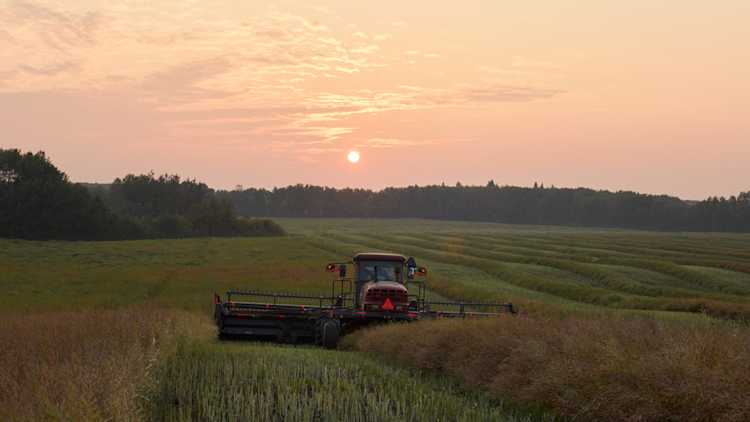Crush it, don’t crash it: How to win your first decade farming

Planning isn’t just paperwork. It’s how you take control of your future. Avoiding common pitfalls now can give you the momentum and confidence to thrive in your first decade and beyond.
These four moves can help you crush your first decade and stay on track.
Avoid flying blind – build a plan
If you don’t know where you’re going, it’s difficult to steer the ship.“If you don’t know where you’re going, it’s difficult to steer the ship,” says Kevin Frankl, manager of special credit with FCC in Regina.
And without a strong business plan, you risk veering into dangerous waters.
A business plan will help you stay on course by outlining costs, revenue projections, financing and long-term goals. Without one, you risk overspending, poor cash flow and debt that doesn’t match profitability.
Not only that, but lenders will be wary of dealing with a business with such uncertain risk and destination.
Borrow wisely, not wildly
Debt is an ongoing concern in any business, and farming is especially dependent upon taking on debt from year to year.
Whatever the debt is for – land, equipment or infrastructure – make sure you can repay it in good and bad times, advises Frankl. More debt spending will only make it harder to survive future production hits that come.
Unfortunately, Frankl has often seen farmers take on too much debt, too soon.
“People will buy a too-big combine because they’re planning for growth but can’t afford it now.”
They might be coming off a great year, but they’re unable to make repayments when there’s a downturn.
Pace growth strategically
While many might consider exceeding one’s growth plans a success, Frankl points out that it can be detrimental.
“Cash flow often suffers after a period of growth,” Frankl says. “And if you grow too big, too quickly, it can be devastating to the operation as banks and creditors may not share in your appetite for growth, especially if cash flow concerns have led to late repayment, inability to resolve operating issues or even just added risk to payment.”
Know your numbers: COP matters
You may increase the risk of experiencing unprofitable years if you don’t conduct a cost of production (COP) analysis, which measures per-unit costs.
“If you don’t know your costs, you’re not managing your marketing properly. If you don’t know what price to sell at, you’re probably not analyzing your costs very well,” Frankl says.
The early years of farming come with big decisions – but they also offer big opportunities. Make them count by proactively avoiding common pitfalls and you’ll set a strong foundation for the decades to come.
From an AgriSuccess article by Richard Kamchen.
